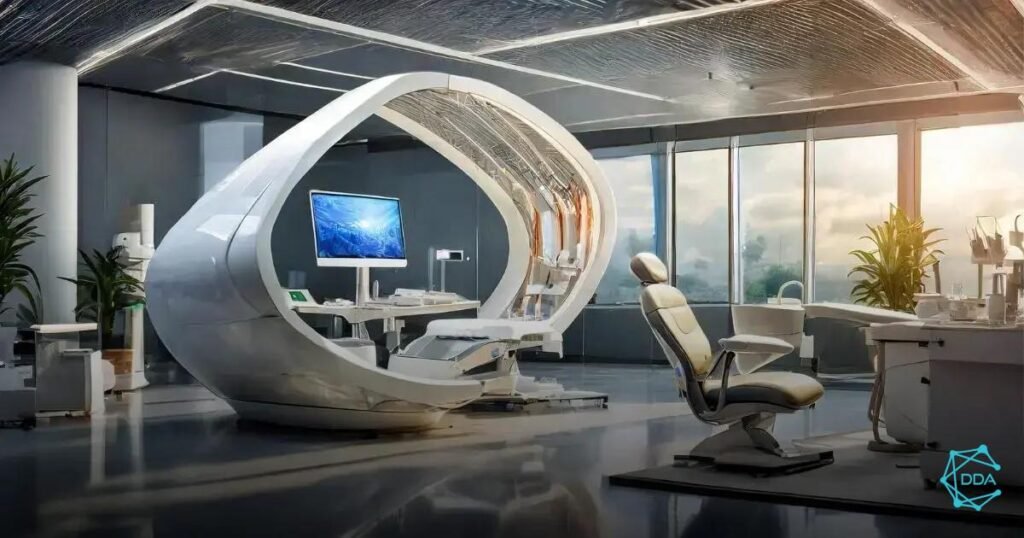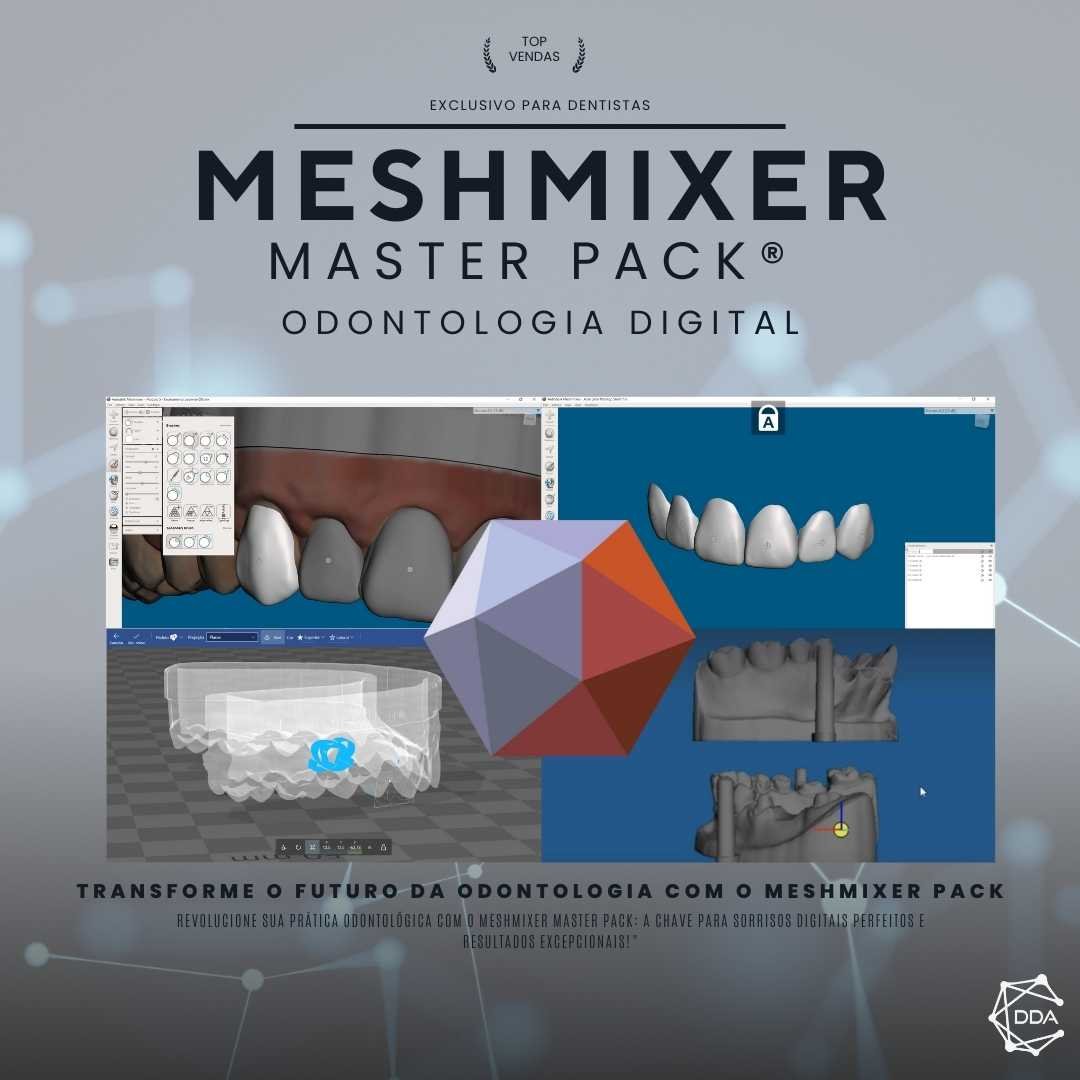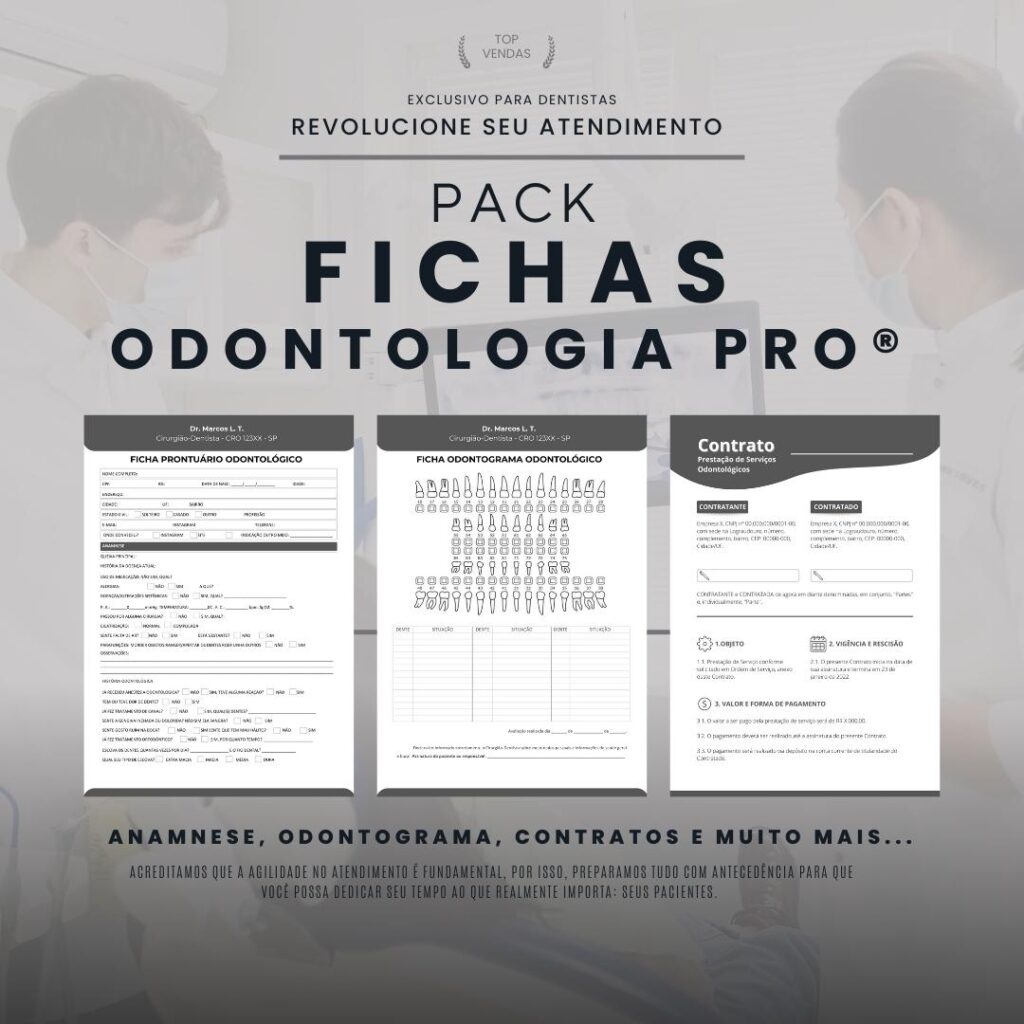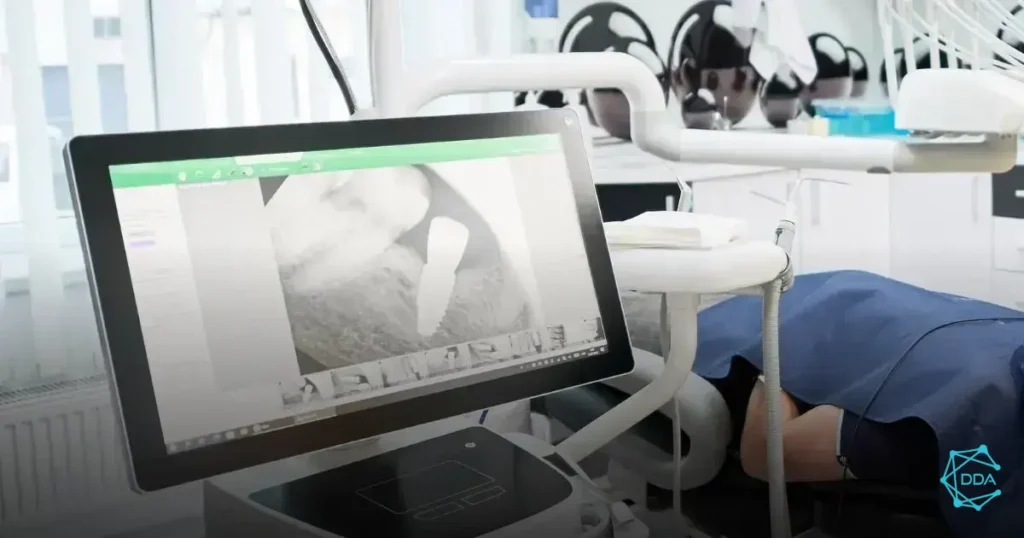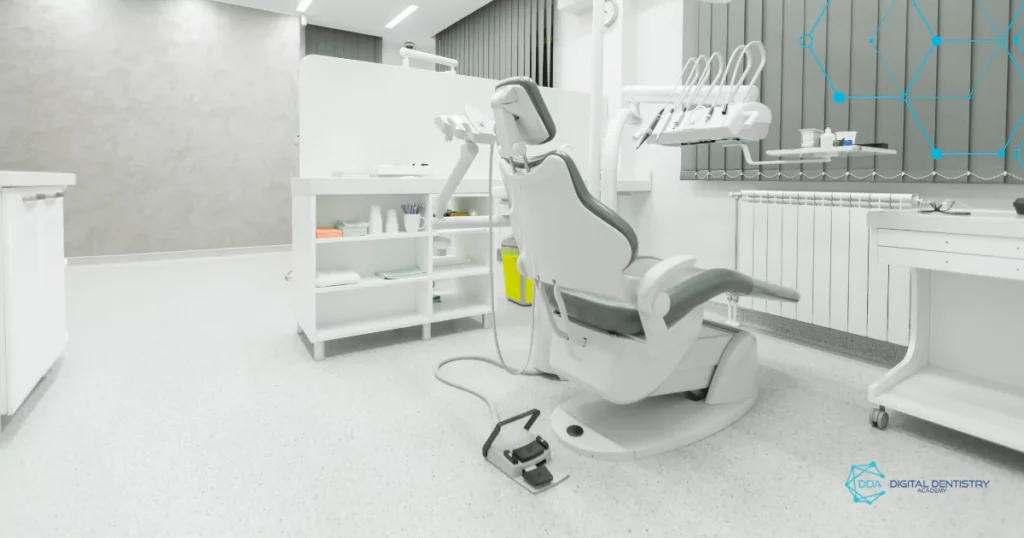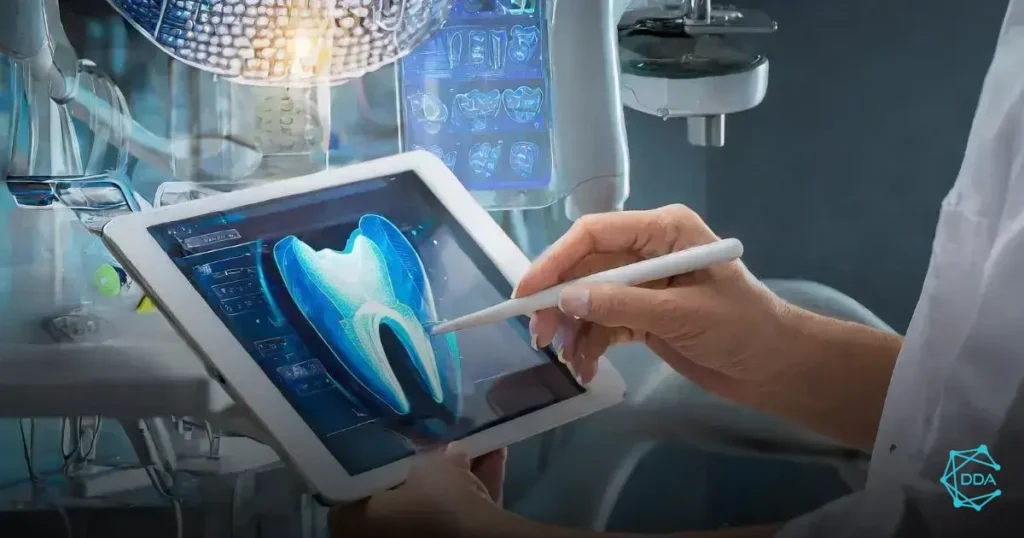O WhatsApp with artificial intelligence for dental clinics is revolutionizing the way professionals communicate with their patients. This integration allows for faster, more efficient and personalized care. In this article, we will explore how this technology can optimize care management and improve the patient experience in dental clinics.
The Importance of Efficient Communication
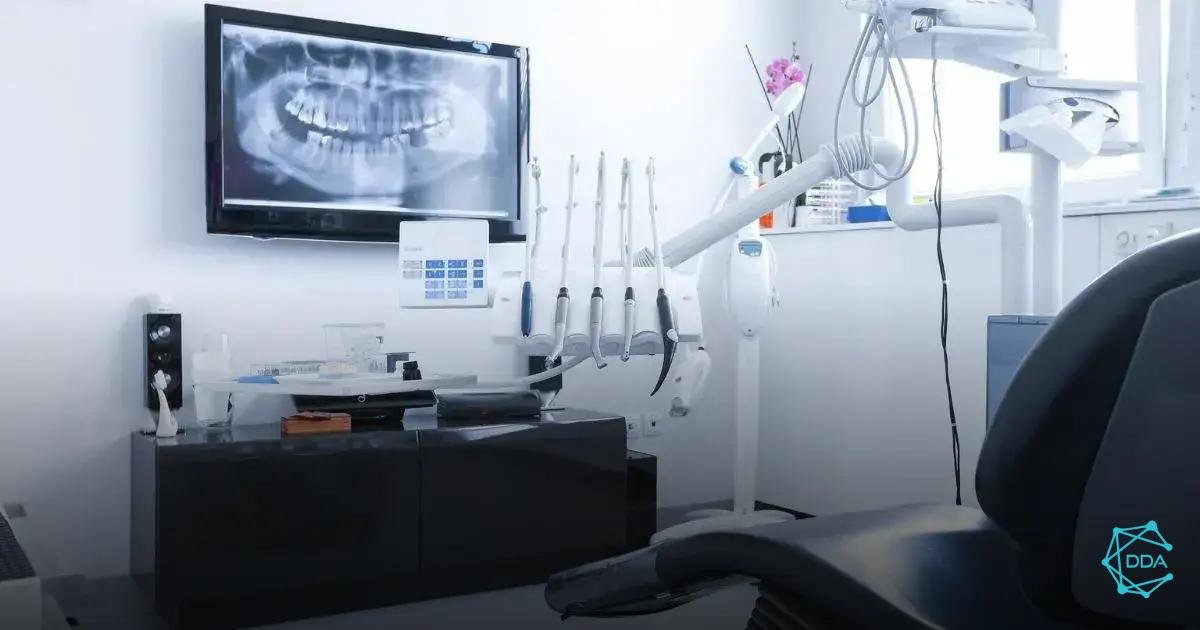

A efficient communication is one of the fundamental pillars for the success of any dental clinic. It not only facilitates the flow of information between the team and patients, but also contributes to building a relationship of trust.
When patients feel well informed about their treatments, procedures and schedules, satisfaction tends to increase. This leads to a fewer absences and greater adherence to treatment plans.
Furthermore, clear communication helps to avoid misunderstandings that can result in frustration for both patients and staff. With the use of WhatsApp, it is possible to send instant messages, clarifying doubts and providing closer and more human service.
Finally, effective communication is not limited to direct contact. Sending automatic appointment reminders and post-consultation guidance via WhatsApp with artificial intelligence can increase effectiveness of care, ensuring that patients are always aware of their responsibilities and care.
How Artificial Intelligence Improves Customer Service
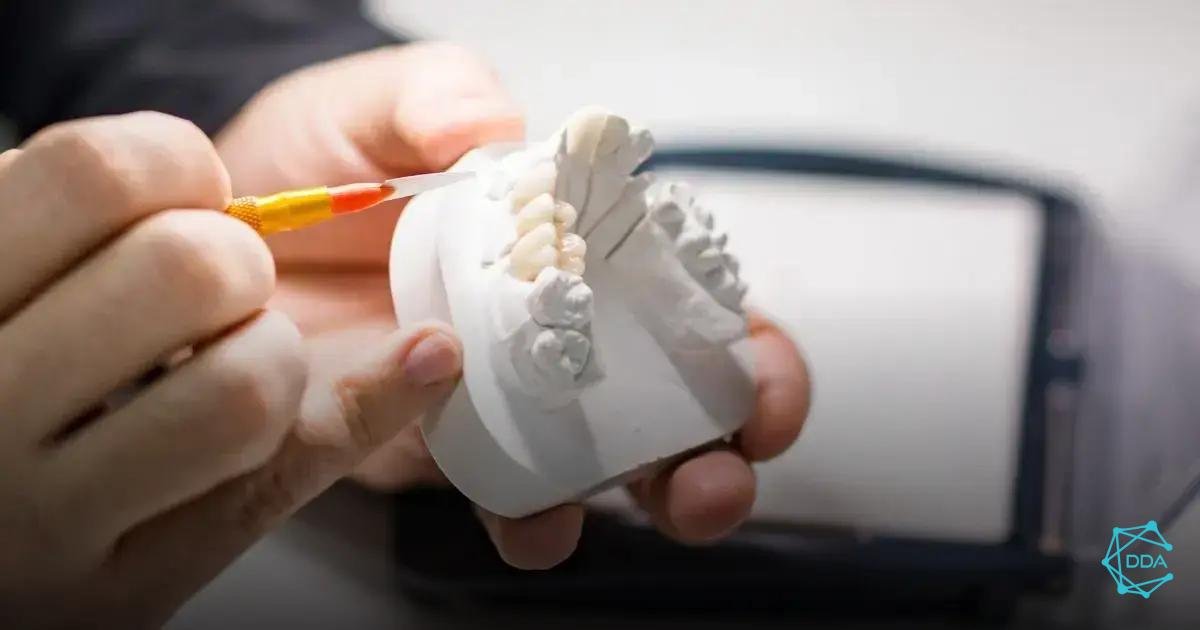

A artificial intelligence (AI) is transforming dental care in a number of ways. One of the main advantages is the ability to automate processes, allowing the team to focus on more complex tasks that require a human touch.
By implementing intelligent chatbots on WhatsApp, clinics can offer a 24 hour service. These virtual assistants are available to answer frequently asked questions, provide information about treatments, and even schedule appointments, all without the need for immediate human intervention.
Furthermore, AI enables a personalized service. By collecting and analyzing patient data, clinics can provide personalized recommendations and reminders, increasing patient satisfaction and loyalty. For example, after an appointment, the system can automatically send care tips or schedule the next visit based on each patient’s specific needs.
Another important aspect is sentiment analysis. Through interactions on WhatsApp, AI can assess the tone and emotion in patient messages, allowing staff to quickly identify those who may be dissatisfied and require special attention.
Finally, the combination of artificial intelligence and WhatsApp not only improves the efficiency of service, but also elevates the patient experience, making it more fluid and enjoyable.
Automating Appointments and Reminders


A automation of appointments and reminders is one of the most valuable features that integrating WhatsApp with artificial intelligence can offer dental clinics. This technology allows patients to schedule appointments quickly and conveniently, without the need for constant manual interactions.
With an automated system, patients can send WhatsApp messages to request appointments, and AI can then check the clinic’s calendar for availability and confirm the appointment instantly. This not only saves time for staff, but also provides a more convenient experience for patients.
Additionally, the functionality of automatic sending of reminders is essential to reducing no-shows. Before an appointment, AI can send reminder messages to patients, ensuring they are aware of the appointment and any necessary guidelines. For example, reminders could include information about what to bring to the appointment or instructions on pre-procedure care.
Personalization of reminders is also an important feature. AI can tailor messages based on patient history, making them more relevant and effective. This helps create a closer relationship and increase patient accountability for their treatments.
Ultimately, automation not only improves the operational efficiency of clinics, but also results in greater patient satisfaction, who feel more informed and valued when they receive proactive reminders and confirmations.
Data Analysis to Improve Patient Experience
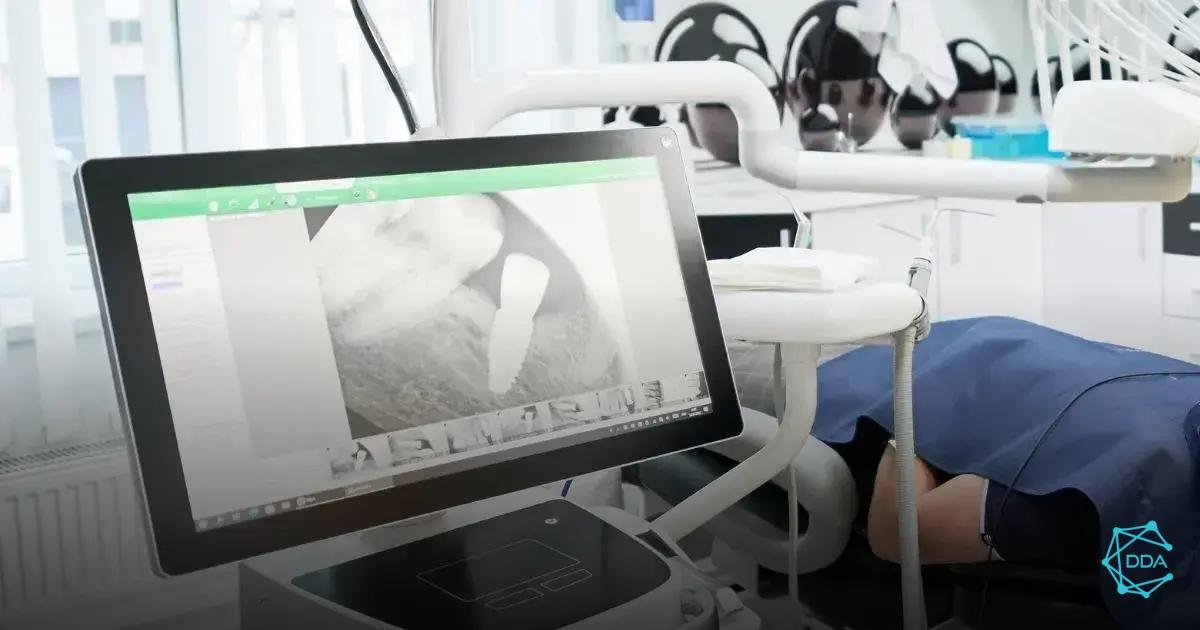

A data analysis plays a key role in improving the patient experience in dental clinics. By collecting and processing information about patients’ interactions, preferences and treatment history, clinics can make more informed decisions and provide more personalized care.
With WhatsApp integration and AI, you can gather valuable data on how patients interact with your clinic. This includes information such as the types of questions most frequently asked, the most popular times for appointments, and even feedback on the service provided. This analysis allows clinics to identify patterns and areas for improvement.
Additionally, data analytics allows clinics to segment their patients based on specific characteristics, such as age, treatment history, and communication preferences. With this information, it is possible to create more targeted marketing campaigns and send personalized messages that meet each patient’s individual needs.
Another important application of data analysis is identifying opportunities for improvement in the services offered. By monitoring patient satisfaction and return rates, clinics can adjust their processes and services to ensure an even better experience.
Ultimately, data analytics not only improves the patient experience, but also contributes to clinic efficiency, allowing professionals to focus on areas that truly impact patient satisfaction and loyalty.
Benefits of Personalized Service
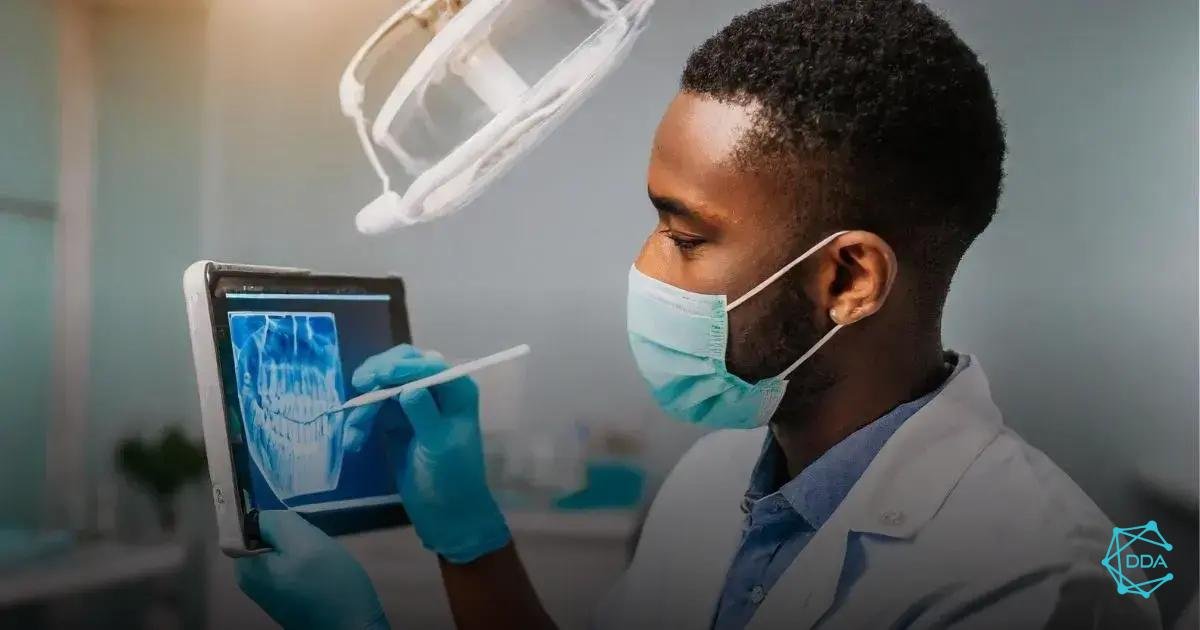

O personalized service is one of the main benefits of integrating WhatsApp with artificial intelligence in dental clinics. This approach allows healthcare professionals to offer a unique experience tailored to the needs of each patient, which can result in greater satisfaction and loyalty.
Using data collected through previous interactions, AI can help staff better understand patients’ preferences and concerns. This allows dentists and assistants to provide more relevant and personalized treatment recommendations that take into account each patient’s individual history and needs.
Additionally, personalized care can include sending WhatsApp messages with specific reminders and guidance, tailored to the patient's profile. For example, a patient undergoing orthodontic treatment can receive tips on oral hygiene and special care, while another patient can be reminded about the importance of regular checkups.
Another important aspect is building a closer relationship between the clinic staff and the patients. When professionals show interest in the concerns and needs of patients, this creates an environment of trust and comfort, which is essential for the success of the treatment.
Ultimately, personalized care not only improves the patient experience, but can also result in higher retention rates. Satisfied patients tend to return and recommend the clinic to friends and family, contributing to business growth.

